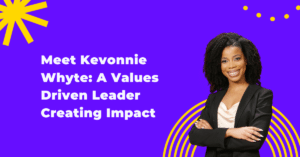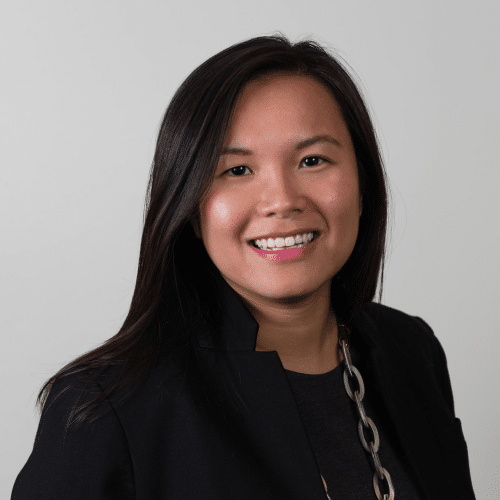

“Many international students come to Canada without an existing social network to help them navigate life here, and student services are often the first support system they have access to when they arrive.”With a research focus on international students’ experiences with student services, Wincy investigated “how they utilized these on-campus resources strategically to advance their goals, specifically with immigration and employment.” She ultimately found that international students were very “resilient and resourceful.”
“That said, it is really rewarding when others express their gratitude for a piece of advice I have given, or appreciate an idea that I have put forth, or enjoy a program my team has worked hard on. To me, those are signs that I am on the right path in making a positive impact.”Women of colour have been leading all along, yet there aren’t enough of us at decision making tables across most sectors. When asked how everyone can better advance women of colour in the workplace, Wincy recalled how Obama’s female staffers amplified each other’s voices during meetings to combat gender bias and ensure their ideas were heard.
“Imagine if everyone just starts to really pay attention to the ideas put forth by women of colour, and amplify voices that might otherwise go unheard… I think that would go a long way in advancing different equity-deserving groups in the workplace. That active listening would be the first real sign of respect.”
“As a young person living away from home, my schools became my home, and my teachers and friends became my family.”With new experiences come new opportunities for learning and growth, “I learned how people’s perspectives are shaped by their culture and personal experience, and how my own perspectives are susceptible to the same biases.”

